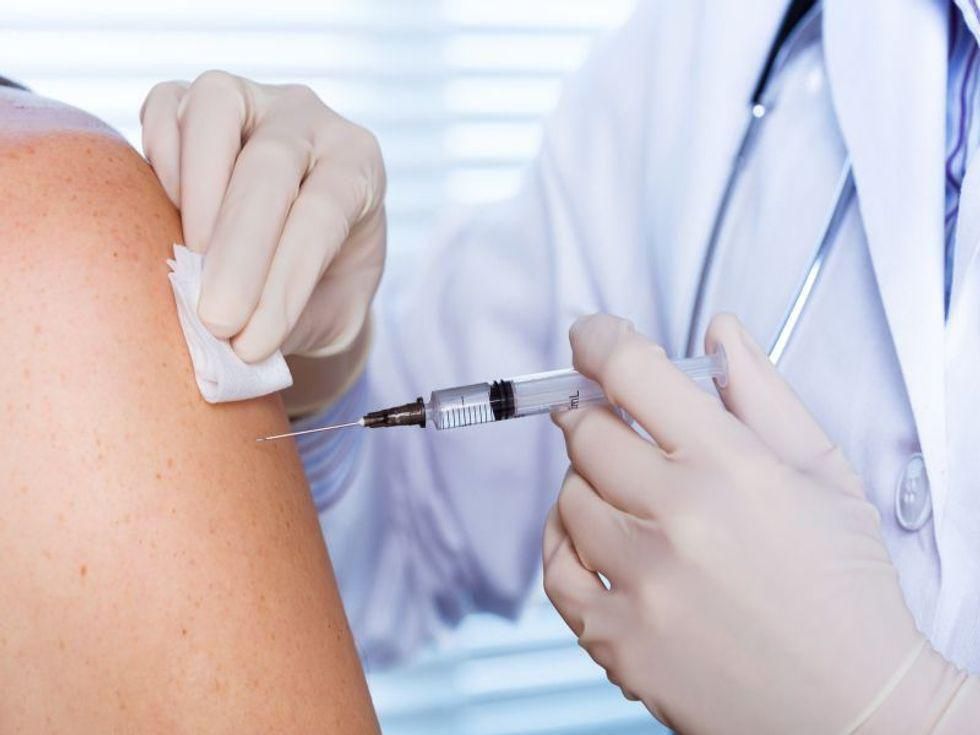
Many people with long-term back pain have tried physical therapy and medication, to no avail. A new study suggests they might “unlearn” their discomfort in weeks — using psychological therapy. “For a long time, we have thought that chronic pain is due primarily to problems in the body, and most treatments to date have targeted… read on > read on >


















